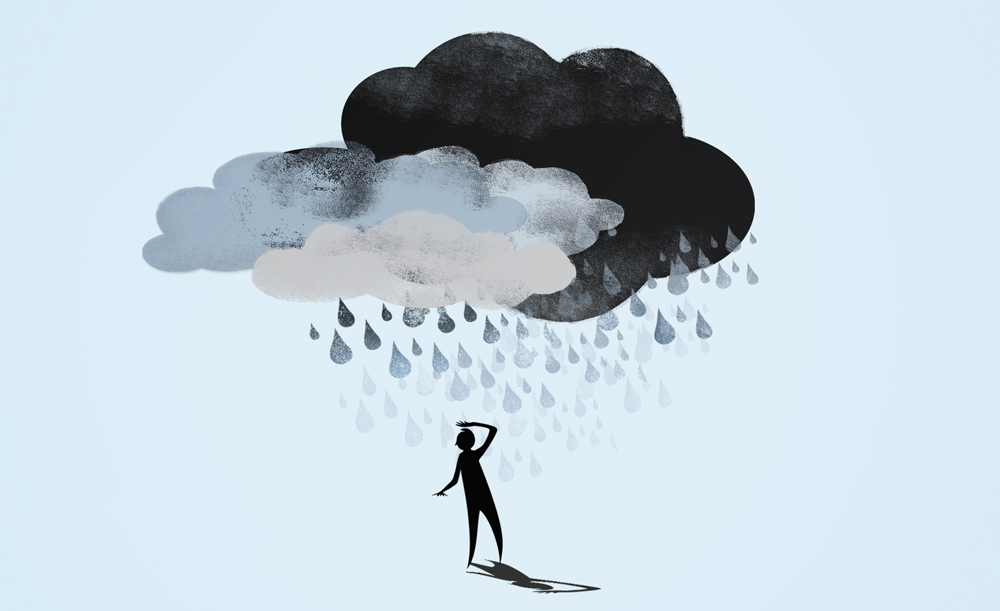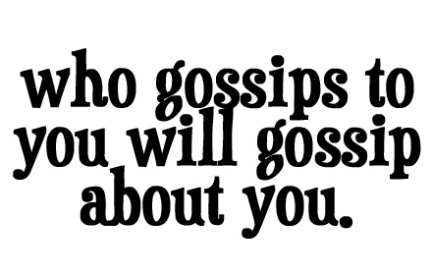“The thing that is really hard, and really amazing, is giving up on being perfect and beginning the work of becoming yourself.” – Anna Quindlen
For someone who can oftentimes have an incredibly low amount of self-esteem, the nomenclature of being a “perfectionist” seems a bit ironic to me. Perfectionists, as the name would suggest, want everything they produce and put out into the world to be perfect – anything that is less than this standard is considered unacceptable to them. When they do fall short of perfect (as happens often, as perfection is an unachievable standard), the shame kicks in, telling them they aren’t good enough. For something called perfectionism, ironically enough, it often leads to feelings of being an incredibly imperfect person.
Feelings of perfectionism and shame operate cyclically, like most addictive habits. Feelings of shame, brought on from anywhere, lead to a mindset of, “I need to be perfect so as to improve my life,” which, when this goal inevitably falls short, leads to more shame, and the cycle begins anew. As Brené Brown puts it, “Perfectionism is the belief that if we live perfect, look perfect, and act perfect, we can minimize or avoid the pain of blame, judgement, and shame.” Shame is where perfectionism stems from, and vice versa.
Many of those who have perfectionist attitudes, including myself, justify it with the guise of self-improvement. “By working to do the best I can at everything I do,” we might say, “I’m creating a good work ethic for myself.” The first glaring problem with this logic is that perfectionists are not simply satisfied with trying their best: their results must be the best. There is nothing wrong with trying your best in all you do – that’s a great thing. But beating yourself up when what you create or achieve isn’t actually the best is a dangerous way to live. It is for this reason that perfectionists are much less willing to take risks than others. The goal of perfection becomes even less attainable when it involves something new, so, “Why risk more disappointment?” By sticking to what they know, says the perfectionist, the chances for disappointment are substantially lower.
Brené says: “Perfectionism is, at its core, about getting approval from others.” I genuinely believe that most people out there, even the perfectionists, know that nobody is, nor ever will be perfect. I think that most people realize this, even if they’re at different levels of accepting it. This only lends strength to the argument that perfectionism is “other-focused.” Healthily striving to improve yourself is focused on self – how can I improve, so my life is more fulfilling? Perfectionism is based on others – what will they think?
At its heart, perfectionism is also about control, over yourself and what you put into the world. Something that cannot be controlled, no matter how hard we may try, is others’ perceptions of us. We can toil day and night to impress someone, but the fact of the matter is that there is always somebody who will see things differently than you, someone whose idea of perfect is light years away from yours. As such, perfectionism, along with making yourself infallible, is about making yourself liked by everyone around you – two utterly impossible goals. Shame is inevitable in the pursuit of perfection.
Your biggest tool in the battle against perfectionism is self-compassion. Being kind to yourself is understanding that you are only human, and as humans we are, by our very nature, makers of mistakes. Self-compassion is the middle ground between ignoring your mistakes, and blowing them out of proportion, à la perfectionism. See your shortcomings and learn from them, but forgive yourself for them. Don’t shame yourself for what you’ve done imperfectly, embrace it, and use that experience to help you in the future.
With this attitude, it’s easier to be less judgmental of others as well. To accept that you’re a human who makes mistakes, is to realize (and subsequently accept) that we’re all humans who make mistakes. As completely cliché as it is to say that we’re all “perfectly imperfect,” I believe it to be true. “Human being” and “flawless” are not two phrases that belong together in the same sentence.
This attitude adjustment doesn’t happen overnight – it takes practice. Many of us are raised on values that, to different degrees, encourage us to strive for as close to perfect as we can reach, the whole “good enough isn’t good enough” mantra. The best you can do is good enough, but it doesn’t have to be the best. It’s hard to break out of a mindset that’s oftentimes instilled into us at an early age, but it is possible, and it’s worth it.
We’ve all heard the phrase “nobody is perfect,” so which should that not include you or me? You don’t need to be perfect to be good, and quite frankly, I’d rather have someone call me a “good person” than a “perfect person.” By practicing self-compassion, you will come to realize, you aren’t just good enough, you’re good.
Stay strong.
– Ryan
Add: Much of the inspiration for this series of posts comes from Brené Brown, Ph.D., L.M.S.W., a writer and researcher who has written multiple books on shame and courage. Her TED talks are available on her website, and she’s also available on Twitter, Facebook, and LinkedIn. I would highly suggest checking out her work.










